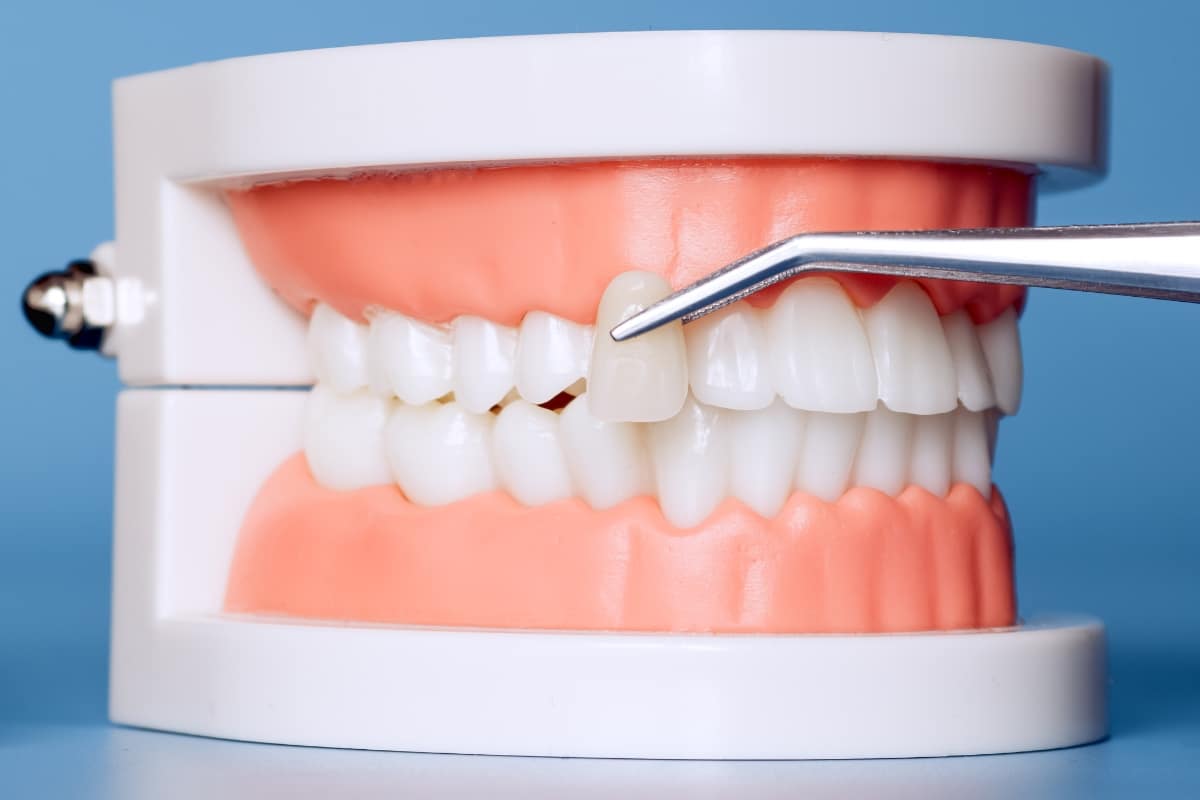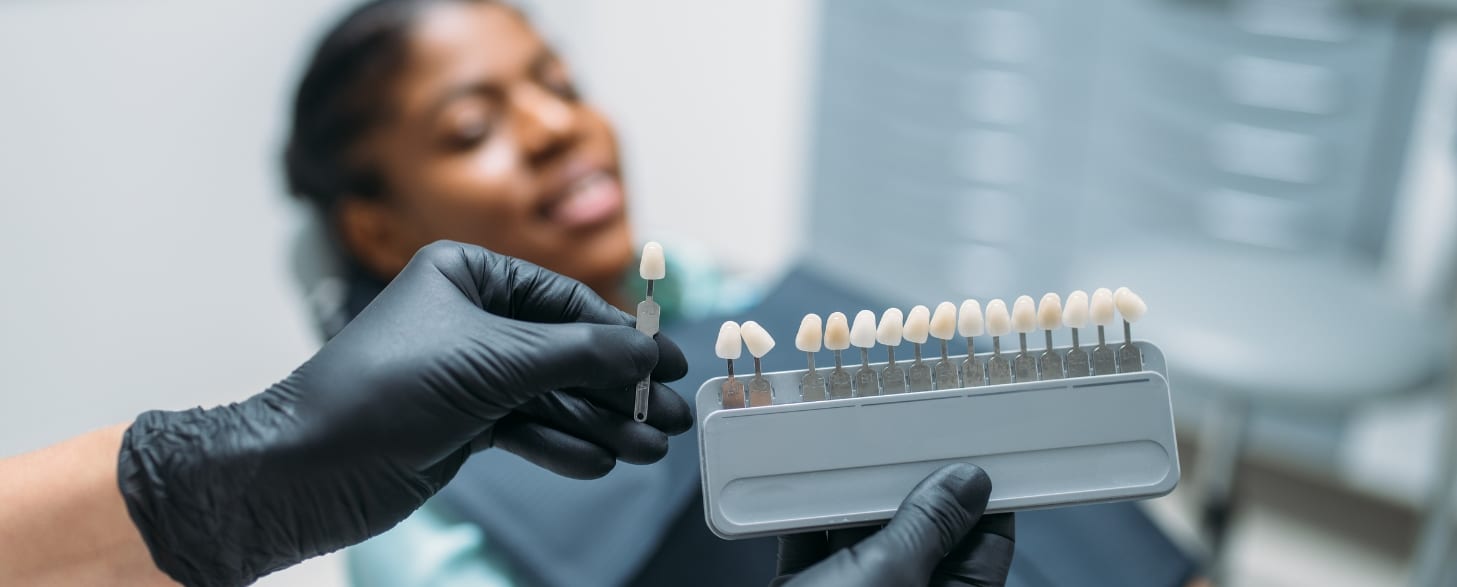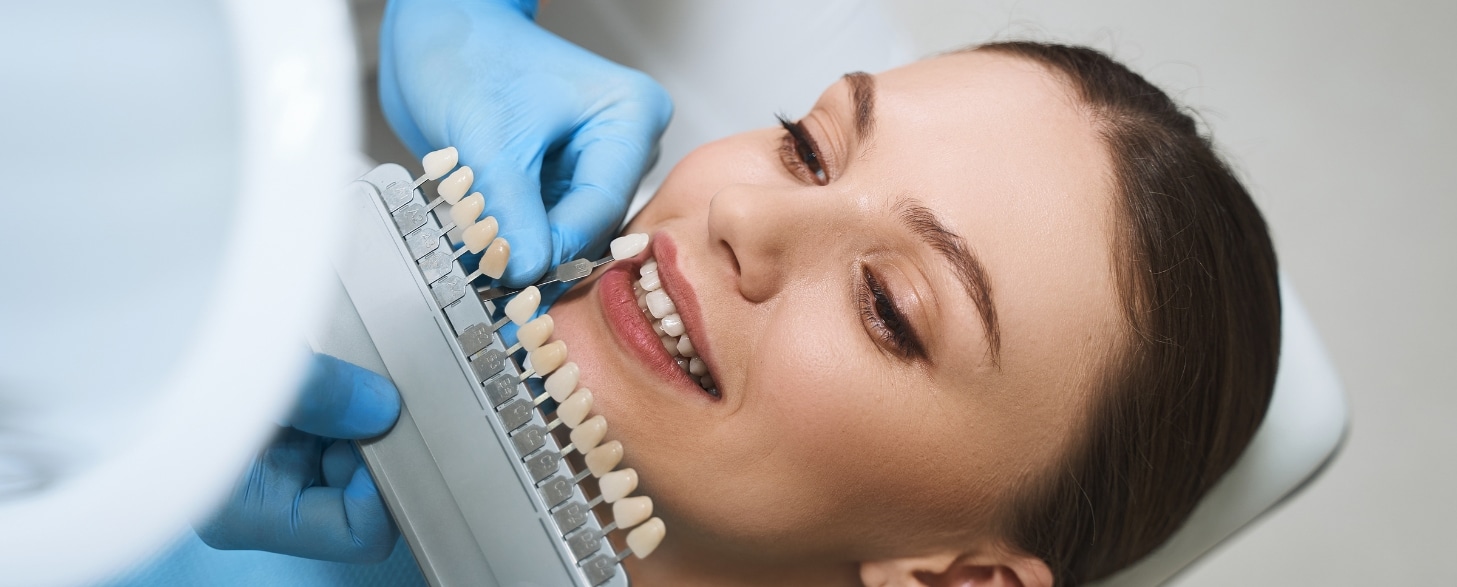How to Handle Significant Pain After Getting Dental Veneers
San Antonio, TX
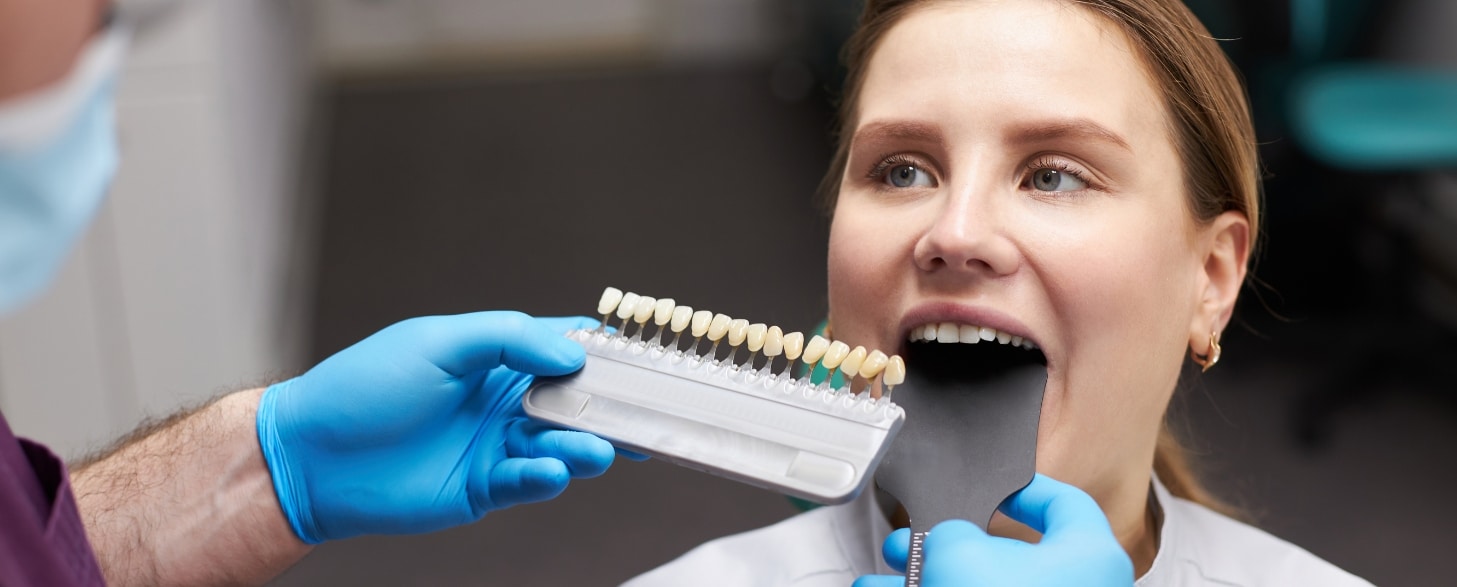
Dental veneers are a popular cosmetic solution to achieve a beautiful, flawless smile. They are thin, custom-made shells designed to cover the front surface of teeth to improve appearance. However, experiencing major pain after getting dental veneers can be concerning and uncomfortable. If you’re facing significant discomfort post-procedure, it’s essential to understand the potential causes and know how to address them effectively. This guide will walk you through the steps to manage and alleviate pain after dental veneers, ensuring your journey to a stunning smile is as smooth as possible.
Understanding Dental Veneers
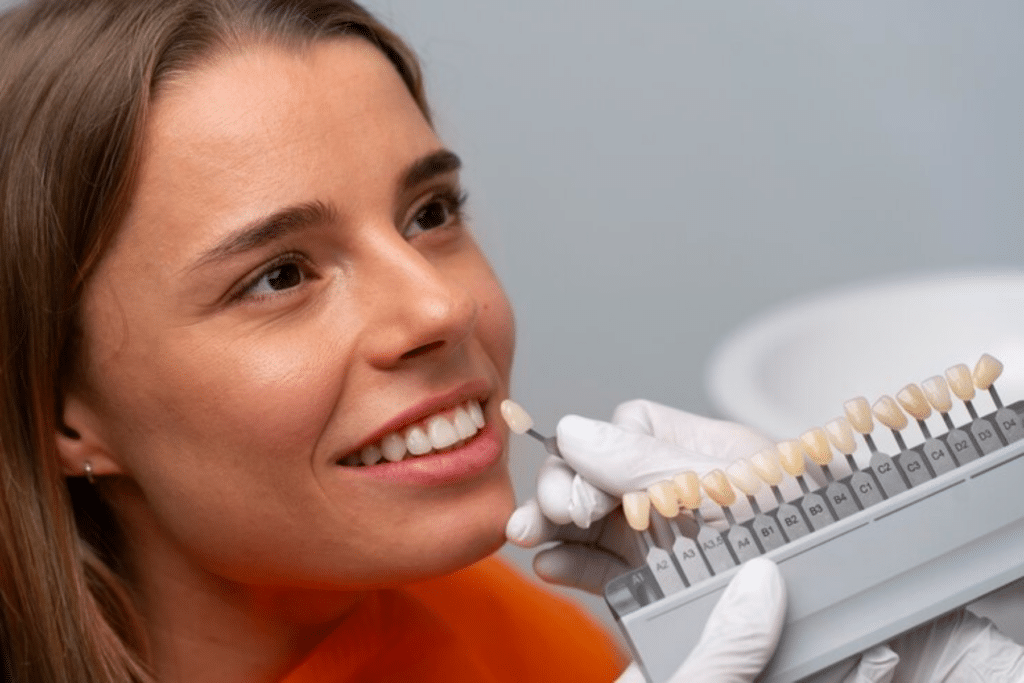
Dental veneers are made from materials like porcelain or composite resin and are bonded to the front of teeth to address issues such as discoloration, chips, cracks, and gaps. The process typically involves several steps:
- Consultation and Planning: Your dentist evaluates your teeth and discusses your goals. Impressions or digital scans of your teeth are taken to create custom veneers.
- Preparation: A small amount of enamel is usually removed from the front of your teeth to ensure the veneers fit correctly and adhere well.
- Temporary Veneers: Temporary veneers might be placed while your permanent ones are being crafted.
- Placement: Once your permanent veneers are ready, they are fitted and bonded to your teeth.
While the procedure is generally well-tolerated, some patients may experience significant pain or discomfort afterward. This blog post will guide you through what to do if you find yourself in this situation.
Possible Causes of Major Pain After Dental Veneers
Understanding the potential causes of pain can help you determine the best course of action. Here are some common reasons:
1. Tooth Sensitivity
After placing veneers, it’s normal to experience some level of sensitivity. This sensitivity is due to the removal of enamel during the preparation phase. Enamel removal can expose the underlying dentin, which may lead to heightened sensitivity to hot, cold, or sweet stimuli.
2. Improper Fit
If the veneers are not fitted correctly, they can cause discomfort. An improper fit might lead to pressure on the underlying tooth or gums, resulting in pain.
3. Gum Irritation
The placement of veneers might cause temporary irritation or inflammation of the gums. This can happen if the veneers are too thick or if the gums are disturbed during the procedure.
4. Underlying Tooth Issues
Pain may sometimes be related to underlying tooth problems such as cavities or infections that were not addressed before veneer placement. The veneer might mask these issues, leading to discomfort.
5. Bonding Issues
If the adhesive used to bond the veneers to your teeth is not properly cured or if there are gaps, you might experience pain. The bonding material should be applied and cured correctly to ensure comfort.
What To Do If You Experience Major Pain
If you’re experiencing significant pain after getting dental veneers, follow these steps to find relief:
1. Contact Your Dentist
The first and most important step is to contact your dentist. They can evaluate your situation and determine the cause of the pain. Your dentist might schedule a follow-up appointment to assess the fit of your veneers, check for any underlying issues, or make adjustments as needed.
2. Use Over-the-Counter Pain Relievers
While waiting for your dental appointment, over-the-counter pain relievers such as ibuprofen or acetaminophen can help manage discomfort. Be sure to follow the dosage instructions on the label. These medications can reduce inflammation and provide temporary relief.
3. Avoid Extreme Temperatures
To minimize sensitivity and pain, avoid consuming very hot or very cold foods and beverages. Extreme temperatures can exacerbate discomfort, especially if your teeth are still adjusting to the veneers.
4. Maintain Good Oral Hygiene
Proper oral hygiene is crucial to avoid additional complications. Brush and floss your teeth regularly, and use a soft-bristled toothbrush to avoid further irritation. Gentle cleaning will help keep your veneers and underlying teeth in good condition.
5. Use Desensitizing Toothpaste
Desensitizing toothpaste can help reduce tooth sensitivity. These toothpastes contain compounds that block the pathways to nerve endings in your teeth, providing relief from pain triggered by hot, cold, or sweet stimuli.
6. Avoid Hard or Sticky Foods
Hard or sticky foods can put additional pressure on your veneers and teeth, potentially causing pain. Stick to a soft diet while you’re experiencing discomfort to prevent further irritation.
7. Consider a Soft Diet
In addition to avoiding hard and sticky foods, a soft diet can help minimize pain. Foods like yogurt, mashed potatoes, and soups are gentle on your teeth and veneers.
8. Monitor for Other Symptoms
Pay attention to any additional symptoms, such as swelling, persistent pain, or signs of infection. If you notice any of these, contact your dentist immediately. These symptoms could indicate an underlying issue that needs prompt attention.
9. Follow Post-Procedure Care Instructions
Ensure that you follow any specific aftercare instructions provided by your dentist. Adhering to these guidelines can help prevent complications and ease your recovery process.
10. Seek a Second Opinion
If your pain persists despite following your dentist’s recommendations, consider seeking a second opinion from another dental professional. Sometimes a fresh perspective can provide new insights into your situation.
Preventing Pain After Dental Veneers
Preventing pain after getting dental veneers involves proper planning and care. Here are some tips to help minimize the risk of experiencing major pain:
1. Choose an Experienced Dentist
Selecting a skilled and experienced dentist is crucial for a successful veneer procedure. An experienced professional will ensure that your veneers are properly fitted and bonded, reducing the likelihood of pain.
2. Discuss Your Concerns
Before the procedure, discuss any concerns you have with your dentist. Understanding the process and addressing any fears can help alleviate anxiety and contribute to a smoother experience.
3. Regular Check-ups
Regular dental check-ups are important for maintaining your veneers and overall oral health. Schedule follow-up appointments with your dentist to ensure your veneers are in good condition and address any issues promptly.
4. Practice Good Oral Hygiene
Maintaining excellent oral hygiene is essential for the longevity of your veneers and the health of your underlying teeth. Brush, floss, and use mouthwash as recommended by your dentist.
Experiencing major pain after getting dental veneers can be unsettling, but understanding the potential causes and knowing how to address them can make the process more manageable. Contact your dentist promptly if you experience significant discomfort, and follow the recommended steps to alleviate pain and ensure a smooth recovery. By taking proactive measures and maintaining good oral hygiene, you can enjoy the benefits of your beautiful new smile with minimal discomfort.
Remember, your comfort and well-being are paramount. If you have any concerns or persistent issues, don’t hesitate to seek professional advice and care. Your dentist is your best resource for resolving any problems and ensuring your dental veneers provide the stunning smile you desire.




